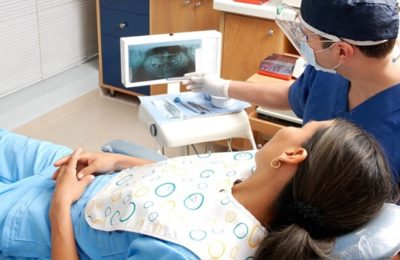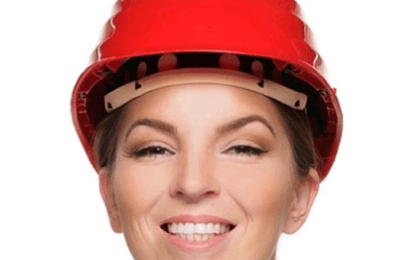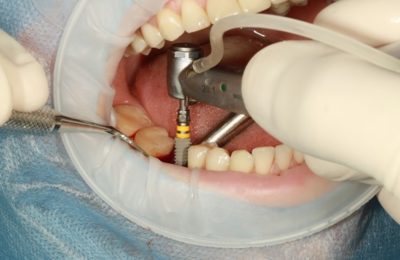Congratulations! You have taken the biggest step toward living a clean, sober life—acknowledging your addiction. Now what? With more than 60 inpatient facilities in the state of Arizona alone, choosing the perfect program for you can be challenging or even completely overwhelming. Rehabilitation centers vary significantly in many ways, however, there are a few key things that can make the decision a little less daunting.
- Location
When an addict first begins their search for the perfect recovery center, it might seem ideal to stay close to home. There’s no travel to worry about and it’s easier on loved ones who want to visit. However, it’s almost always better to travel out of state when checking into recovery.
The very act of going out of state can create the illusion of being on vacation, which automatically sparks a sense of relaxation. This relaxed, positive mindset allows an addict to completely escape the complexities of their everyday lives and focus solely on their recovery.
- Licensing, Accreditation, and Certification
Any good rehab facility will be licensed and accredited by the state. Look for facilities with a Joint Commission Behavioral Health accreditation, which is the highest accreditation level for mental health service organizations. This accreditation signifies that the facility has subjected itself to a panel of outside experts for review and creates a standard of excellence within the center. Think of the Joint Commission accreditation as the equivalent to a business receiving a positive rating from the Better Business Bureau.
- Aftercare Availability
Aftercare is a continued treatment that is available to a recovering addict following inpatient rehab. Aftercare is extremely important to long-term recovery. It reinforces and expands upon the inpatient treatment that was already received and lowers the chance of relapse in the future. Aftercare options include outpatient group therapy, outpatient individual therapy, and 12-step programs such as Alcoholics Anonymous and Narcotics Anonymous.
Some aftercare programs place the patient in a sober living or halfway house for the duration of their care. Monitoring and drug testing are often recommended or even required. Make sure you look for a place that is certified by the Arizona Recovery Housing Association. This certification ensures that the facility has gone through a recent inspection for cleanliness, rules and regulations, and safety.
A recovering addict should be sure to choose a rehab facility that offers a formal aftercare program and helps make aftercare arrangements for the patient before discharge.
- Program Goals
For an addict to have a successful recovery, it is imperative that the chosen recovery program has goals that line up with the addicts. Some programs consider rehabilitation a success simply if the individual completes a 28-day program. Others are happy with an addict’s recovery if he or she can stay “clean” as long as they stay on replacement medications such as Suboxone.
The most thorough programs will only be satisfied in a patient’s recovery if that patient is able to maintain a drug or alcohol-free life once they return home. Every person entering rehab should set a goal and carefully explore the facility options available to them to make sure they will have complete professional support in reaching that goal.
- Lifestyle Considerations
Perhaps one of the most important aspects to consider in an inpatient facility is what specific lifestyle the facility caters to. Some are religion-based while others intentionally avoid any religious affiliation. Phoenix, AZ offers more than 30 Christian-based rehab centers and several more that are decidedly non-religious. Others are available only to certain age groups or people with mental or physical disabilities. Still, others are geared toward the LGBTQ+ community.
It’s essential for an addict to feel a sense of community while in rehab. Feeling left out, secluded, or even bullied could be devastating for recovery. Someone with lifestyle concerns should take extra care in selecting a rehab center by checking websites, reading reviews, taking a tour of the facility, asking questions, and even talking to current or past residents if possible.
- Single Gender vs. Co-Ed
The sex/gender of the residents in a rehab center is not something that is typically considered, but, it could mean the difference between recovery and relapse. When a person is addicted to alcohol or drugs, emotions are dulled. As a person recovers, hormones run rampant and all the suppressed emotions and desires for intimacy return.
If the addict is housed in a facility with the opposite sex (or same sex, as the case may be), the renewed craving for intimacy could greatly interfere with recovery. It’s best for an addict to be in a facility where he or she won’t be surrounded by romantic temptation and can focus on getting clean and healthy.
- Ability to Treat Co-Occurring Mental Disorders
Of the thousands of treatment centers available in the United States, many of them specialize in certain types of addiction. This should be taken into careful consideration if the addict struggles with any type of mental disorder.For example, it would not be good for an alcoholic patient with PTSD from sexual abuse to be part of an inpatient program that specialized in sexual addiction as well as alcoholism.A conflict like this could hinder the person’s recovery from addiction by causing great mental and emotional distress.
One Day at a Time
American author Robert Collier said, “Success is the sum of small efforts, repeated day in and day out.”This insightful quote describes the very essence of the lengthy road to recovery. Recovery from addiction isn’t easy—it’s physically, emotionally, and mentally very trying and is likely one of the hardest things an addict will ever endure. But, with some thoughtful self-exploration and thorough research, finding the perfect inpatient recovery center for you can make recovery a much less stressful experience.













